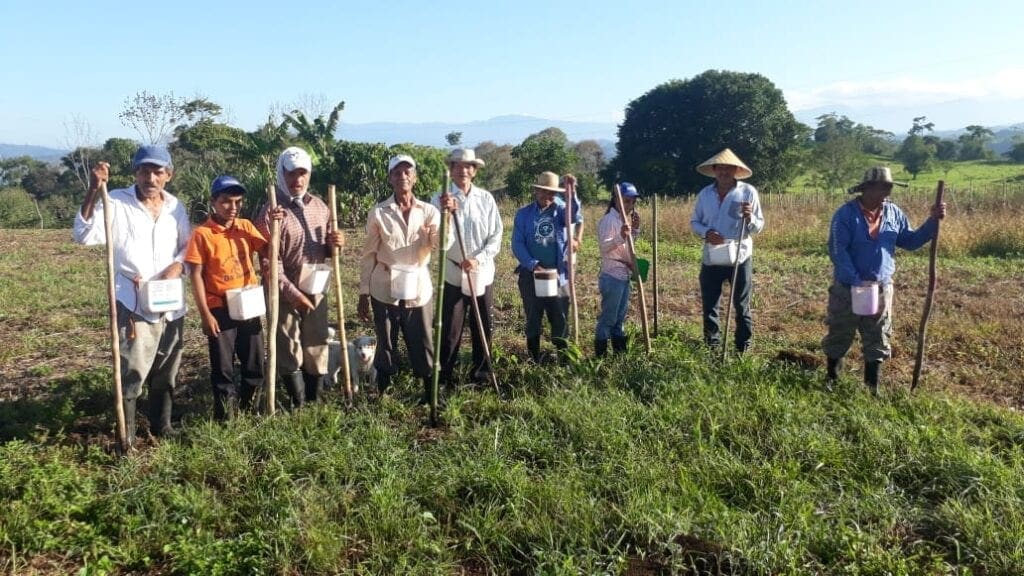
COVID-19 does not discriminate, and therefore our response should not
The people who participated in this census are in different situations of vulnerability and social risk, with different living conditions aggravated by the COVID 19 outbreak and the actions taken by the authorities.
The most vulnerable: the elderly, women, children, people with disabilities, the marginalized, displaced, asylum seekers, refugees, psychiatric patients, chronically ill, unemployed, extremely poor, undocumented, even under the pressure of the moment with suicide attempts, pay the highest price and are also those most at risk of suffering from devastating effects of COVID-19. The virus is a common enemy that does not care about ethnicity or nationality, faction or faith. “It attacks everyone, relentlessly.
Measures of containment such as social distancing and self-isolation can be impossible for those who depend on the support of others to eat, dress, bathe, get medication, and have medical operations that do not work.
This is the group we surveyed. I would like to highlight the sense of solidarity of many who are not on the list because they gave up the support they were going to receive to give it to others who are vulnerable, even though they are equally affected.
This survey was conducted in the province of Chiriqui. The surveyed families live in various districts of the province, various nationalities and even within the house where they live. (See Map).
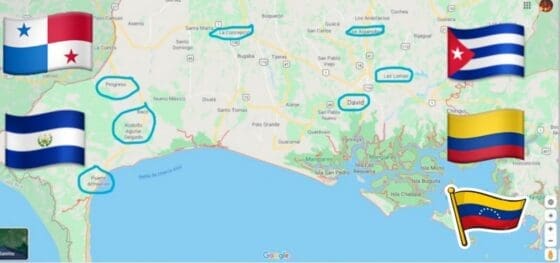
Map of Chiriquí Province, Republic of Panamá Marked are areas where bags of economic solidarity food products will be distributed. Multicultural support
We are not giving waste or food which makes people sick. We are sharing healthy food to nourish all the vulnerable and those who are our brothers and sisters in this crisis context.
We must create economic alternatives with ethical principles which include strengthening the local economy and caring for the diversity of ecosystems.
Building, seeking and establishing solidarity relationships with the rural and migrant populations who are children of God and have the right for food in times of crisis. We are challenged to build Fraternity in crisis. By strengthening the local farming economy, we put Laudato Sí into practice.
Written by: Eric Obaldìa C.M.
USA – Eastern Province
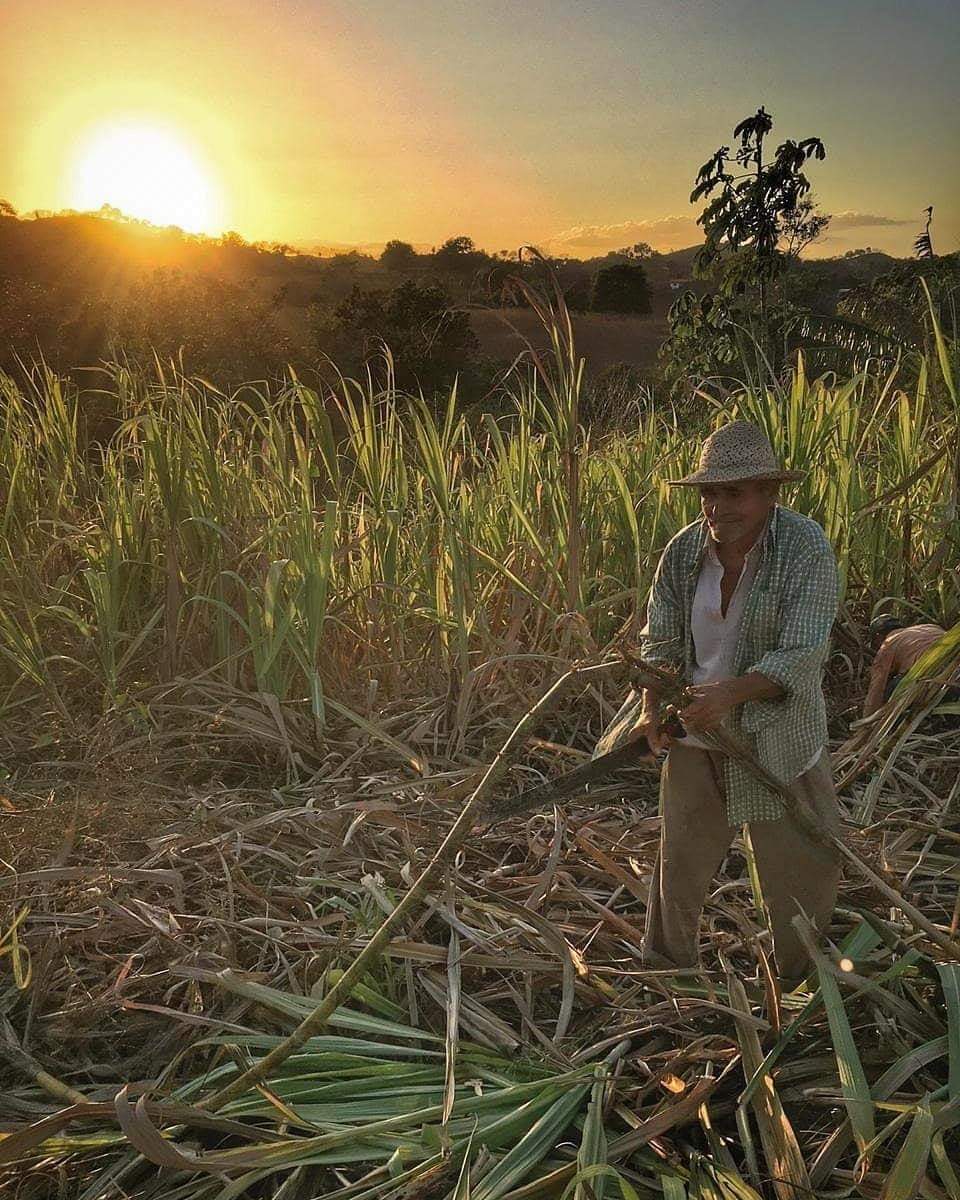
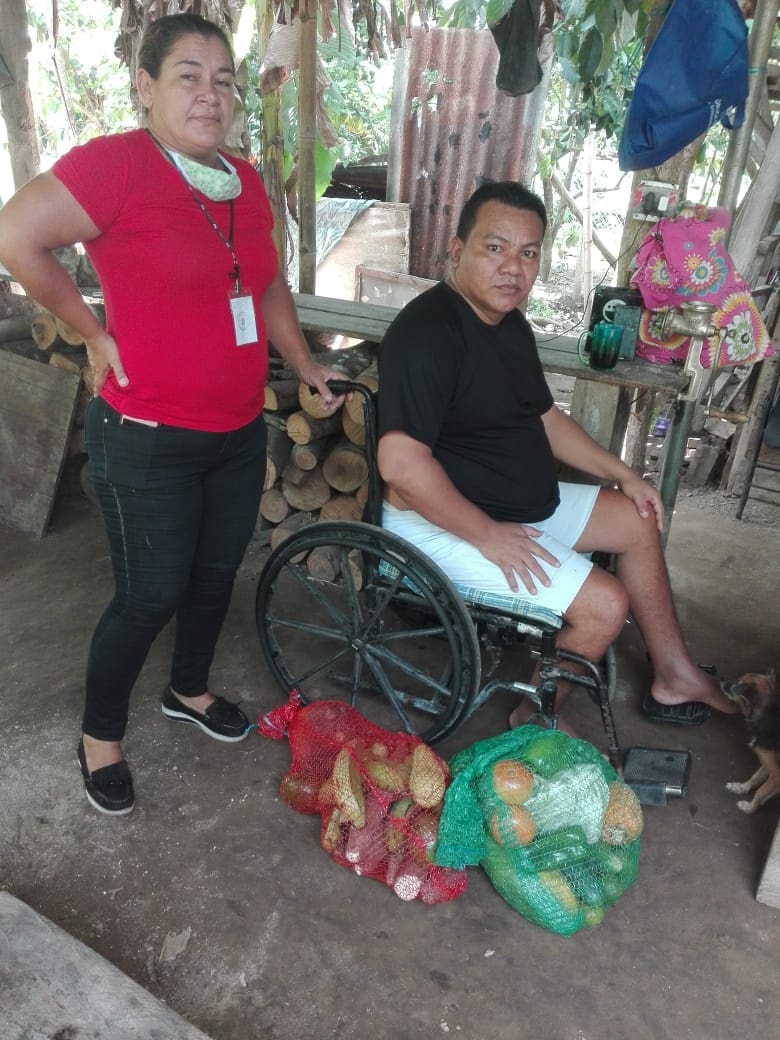
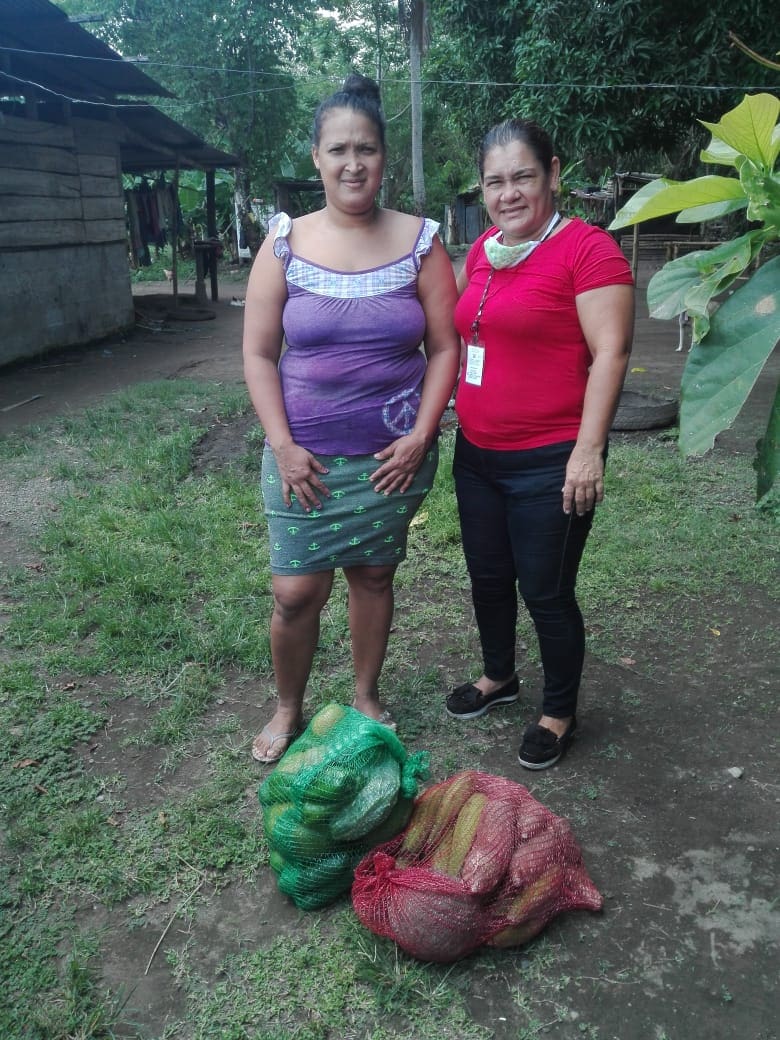
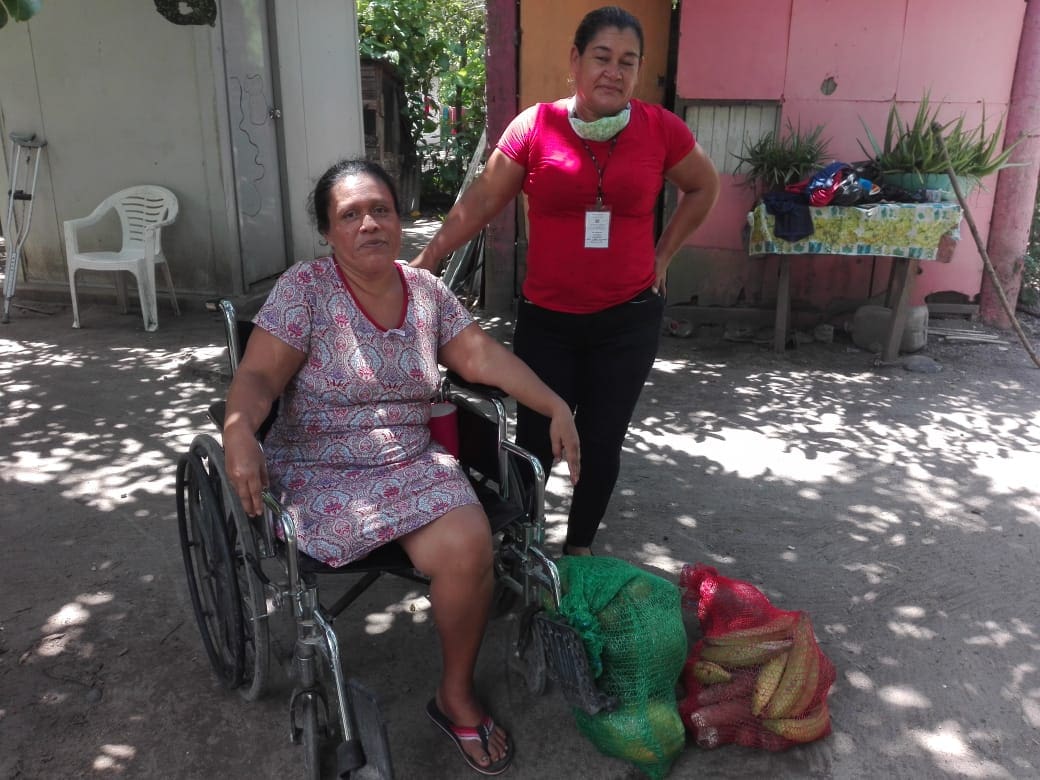
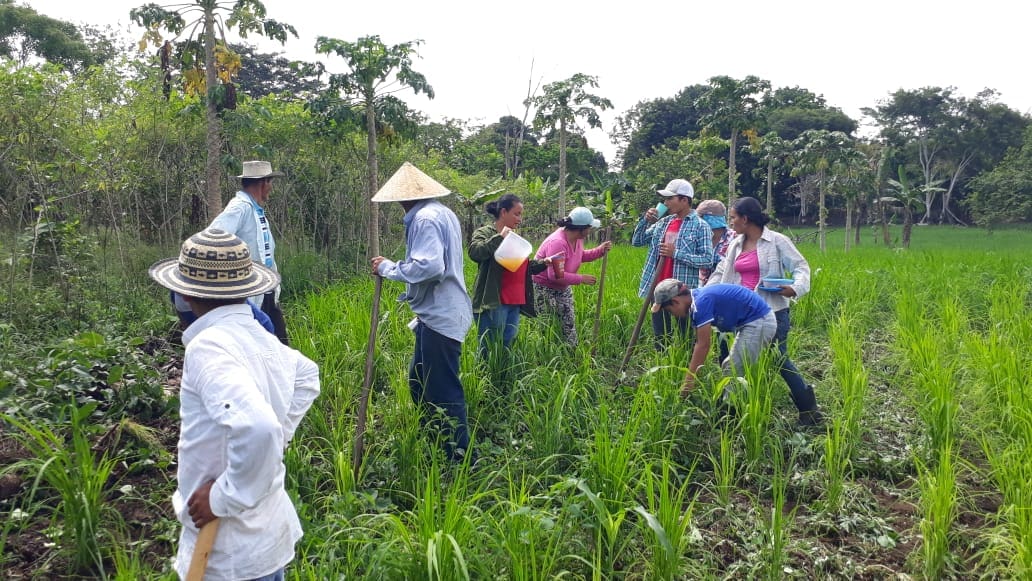
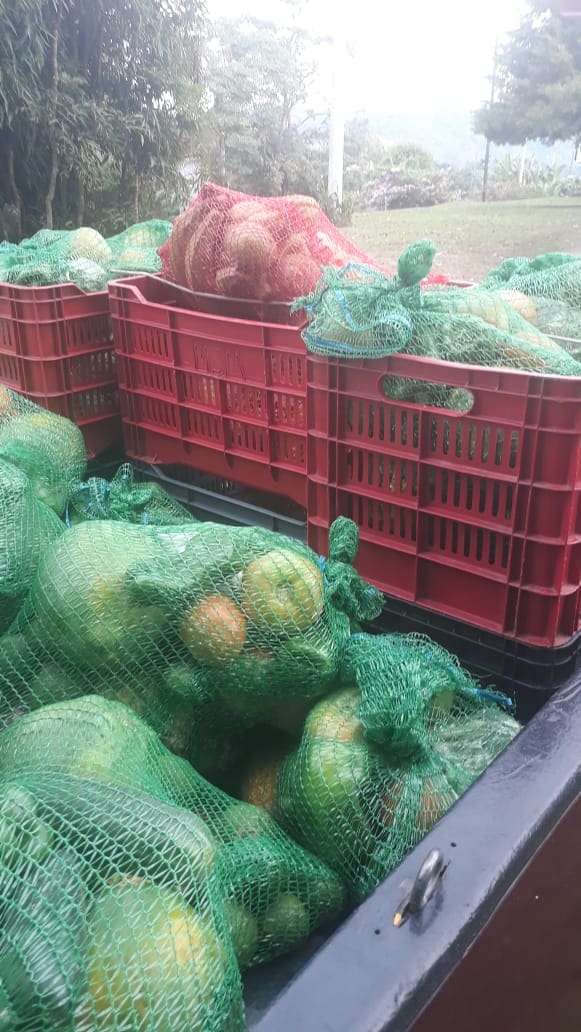
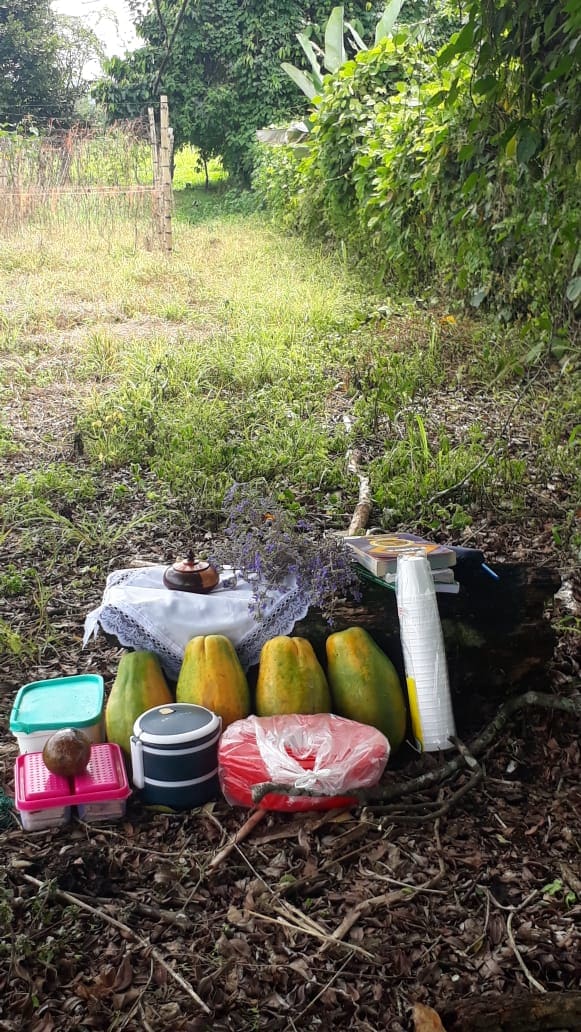
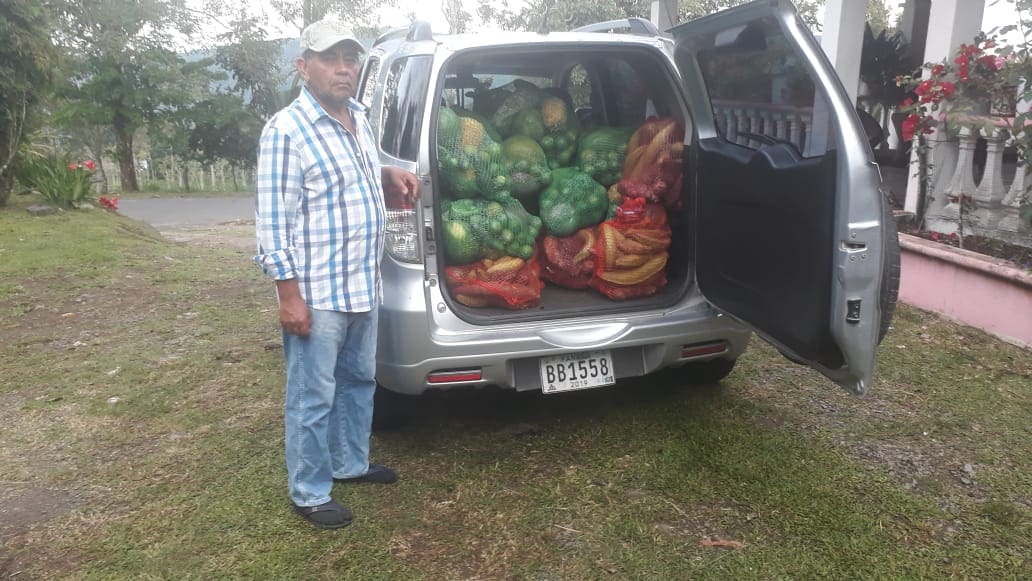



NIcely done! Thank you for taking initiative and may the Spirit continue to guide you as you reflect on this experience! It is the way of St. Vincent. And thank you for helping us to reflect.